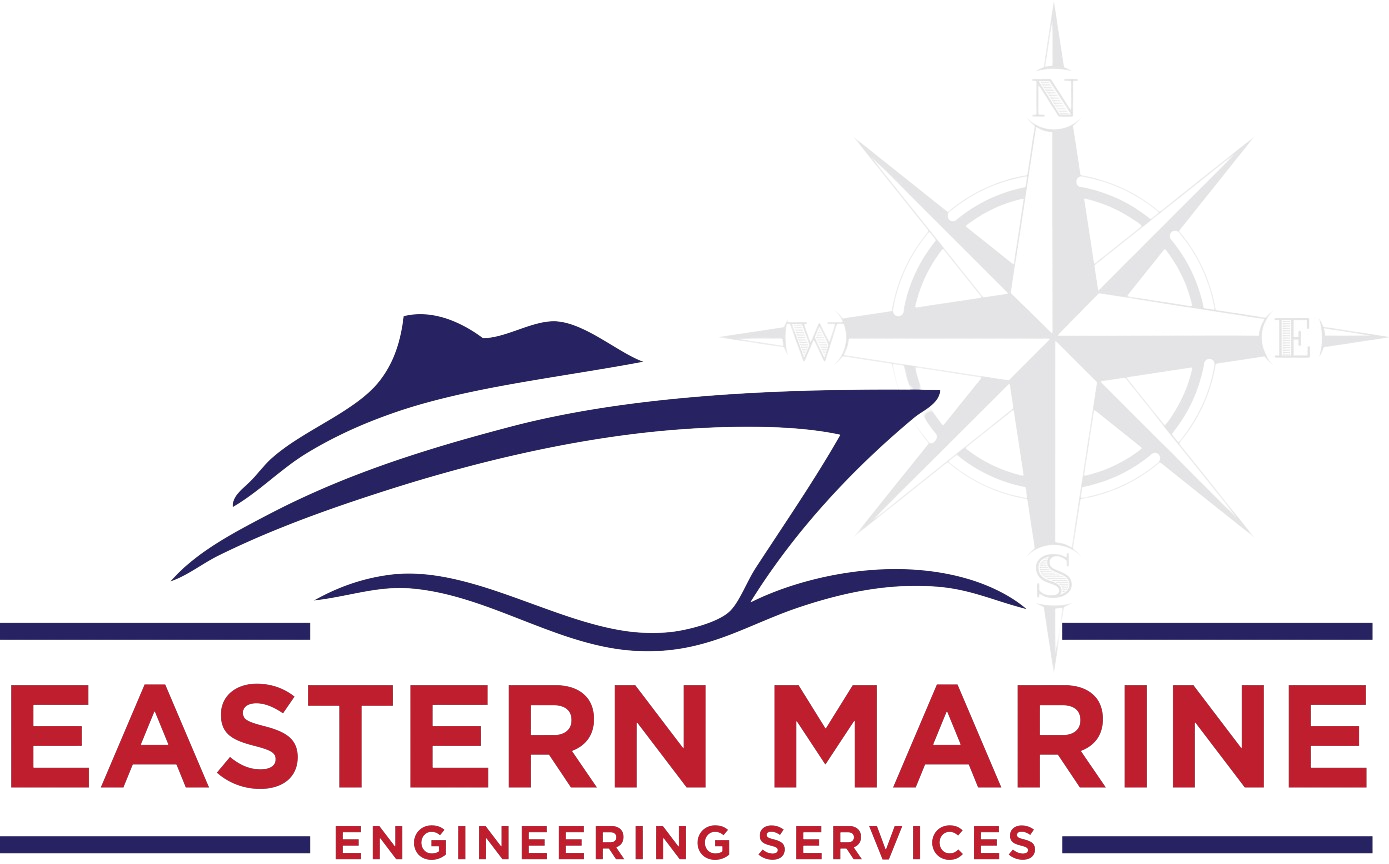- Empty cart.
- Continue Shopping
Mercury Diesel Boat Engine Maintenance Tips for Long-Term Performance
A boat engine must perform well for safe use on water, and consistent attention helps maintain efficiency while lowering risks during long trips. Regular checks reduce the chance of sudden failure, which can leave boat users stranded and facing unwanted expenses. Small problems can become costly when ignored, so careful attention protects equipment and ensures longer service life.
Mercury diesel engines need correct care, and a clear routine helps operators get the best value from each part of the system. This blog explains how proper upkeep helps engines last longer and remain reliable when used under different conditions. Each section highlights essential steps for looking after vital areas, which together support smooth and dependable operation.
Keep Oil Changes On Regular Schedule
Change oil at the right time to protect internal parts because dirty oil gathers debris that scratches and wears surfaces inside the engine. Following a clear schedule helps keep moving parts well lubricated, which reduces strain and prevents loss of efficiency over time. Owners who use a reliable routine will notice that a boat engine runs smoother, starts more easily, and responds better under pressure during longer trips.
Marine environments place different demands on an engine compared with vehicles on land, as water resistance and varying speeds add heavy stress. Old oil thickens and loses the protective qualities that reduce friction, which means bearings and pistons work harder and wear faster. Sticking to regular changes keeps fuel efficiency at a consistent level and helps reduce smoke output, which improves both performance and comfort.
Skipping scheduled oil maintenance can shorten the lifespan of major components, which often results in higher costs that could have been avoided with basic care. A Mercury diesel boat engine benefits most when oil filters are changed alongside oil, since filters capture particles that would otherwise keep circulating. A simple schedule written into a logbook can keep track of past changes and avoid uncertainty about when attention is next required.
Replace Fuel Filters for Clean Boat Engine Operation
Clean filters reduce dirt entering the engine system, which protects injectors and other delicate parts from wear and damage. Fuel in marine settings often contains small amounts of water and sediment, so filters act as a barrier before those impurities reach the engine. Changing filters on time supports smoother combustion, which creates steady power output and reduces the chances of poor starts.
When filters clog, fuel supply becomes restricted, causing rough idling and reduced acceleration that frustrates operators. Dirty filters can also make engines consume more fuel, as the system works harder to maintain performance under limited flow. Mercury diesel boat engines operate best with filters that are fresh, clean, and suited to the grade of fuel recommended for marine conditions.
Replacing filters at suggested intervals is inexpensive when compared with injector replacements, which cost significantly more and require specialist labour. Some owners keep spare filters on board, as water contamination can occur suddenly after refuelling at certain marinas. Regular replacement ensures that fuel lines remain free of blockage, helping an engine deliver consistent reliability under different boating conditions.
Inspect Boat Engine Cooling System to Prevent Overheating
A working cooling system stops the engine from overheating, which protects major components like cylinders and heads from thermal damage. Mercury diesel engines rely on water-based systems, and blocked passages or failing pumps can prevent coolant from reaching critical areas. Consistent checks make sure that the flow remains steady, which avoids breakdowns that leave boats stranded.
Heat builds quickly in marine engines because they often run under heavy loads for long periods of time. Without efficient cooling, seals and gaskets can warp, leading to leaks that compromise safe operation. Checking hoses, pumps, and coolant levels ensures that a boat engine stays within safe operating temperatures even under demanding conditions.
Saltwater increases the risk of corrosion inside cooling parts, so flushing systems after use in coastal areas is a key step for preservation. Heat exchangers also need inspection, as deposits build up inside and reduce heat transfer efficiency. Careful attention to cooling systems extends the life of the entire engine and prevents costly overheating events that cause long-term damage.
Check Propeller For Smooth Engine Power
A damaged propeller puts pressure on the engine, as irregular blades create uneven drag and strain mechanical parts. Small bends or chips in a propeller increase fuel use, since an engine must work harder to maintain speed. Inspecting propellers regularly reduces hidden stress on engines and improves handling on water.
Owners sometimes overlook propellers because damage can be subtle, yet even small imperfections reduce performance. A boat engine feels less responsive when pushing against water resistance created by bent or fouled propellers. Cleaning and repairing blades helps ensure smoother thrust, easier steering, and better fuel efficiency on every outing.
Operating with a faulty propeller can shorten the life of shafts, bearings, and seals due to added vibration. Replacement is often straightforward and not as costly as major mechanical repairs caused by prolonged stress. Keeping propellers in good condition supports long-term reliability and ensures that Mercury diesel engines work without unnecessary load.
Clean Battery Connections For Reliable Starts
Corroded battery parts can stop the engine from starting, which disrupts planned trips and creates frustration. Salt air, moisture, and vibration all cause terminals to corrode, reducing electrical contact and cutting power to essential systems. Cleaning terminals with suitable tools helps restore smooth flow and prevents voltage loss during operation.
Boat engines rely on a strong electrical supply for ignition and control systems, making clean battery connections a priority for reliability. Poor connections can mimic other faults, leading to wasted time inspecting components that are not defective. Keeping terminals free of rust and dirt ensures confidence that power delivery remains steady in all conditions.
Battery health checks also include making sure cables remain tight and free of frays that weaken conductivity. Protective sprays or covers can reduce exposure to moisture, further protecting against corrosion. Regular cleaning supports dependable starting power, helping Mercury diesel engines perform without interruption during every launch.
Watch for Signs of Boat Engine Corrosion
Rust and corrosion affect performance over time, particularly in marine settings where saltwater exposure is common. Corrosion weakens metal parts, clogs systems, and creates leaks that reduce both power and efficiency. Spotting early signs prevents problems from escalating into serious structural damage.
A boat engine exposed to saltwater requires more frequent inspection compared with one used only on freshwater lakes. Small rust spots on casings or fasteners can spread quickly when ignored, and they often indicate hidden deterioration inside components. Applying anti-corrosion treatments can slow down the process, adding years of dependable use.
Corroded parts increase vibration and reduce sealing, which affects combustion and leads to higher fuel use. Mercury diesel engines last longer when owners rinse with fresh water after every trip in saltwater. Protective coatings and routine inspections are effective tools in keeping corrosion under control before it causes critical failures.
Service Belts And Hoses To Avoid Breakdowns
Worn belts and hoses may snap during use, leaving boats stranded and engines vulnerable to secondary damage. Hoses carry coolant and fuel, while belts drive pumps and alternators, so both are essential for proper operation. Regular service prevents sudden failure and protects against costly repairs.
Cracks, frays, and brittleness often appear after long exposure to heat, salt, and vibration. Simple inspection allows owners to replace worn belts and hoses before they fail, avoiding emergency situations while out on the water. A Mercury diesel boat engine depends on these parts to keep all systems working as intended.
Loose belts can also slip, leading to squeals and reduced alternator output that drains batteries. Weak hoses may leak, which lowers coolant levels and increases overheating risk. Replacing small parts on time saves money, avoids breakdowns, and ensures uninterrupted performance during longer boating trips.
Schedule Regular Boat Engine Checks with Trusted Marine Service
Professional checks detect issues early and improve engine life because trained technicians use tools and experience that spot hidden problems. Marine service providers also know common patterns of wear on Mercury diesel engines, which helps them apply preventative solutions. Scheduling inspections builds confidence before embarking on trips.
A skilled marine service can test injectors, measure compression, and inspect complex systems that are not easy for owners to evaluate alone. Those checks confirm that engines remain within safe parameters and reduce the risk of breakdowns during critical moments. Regular reports also provide a maintenance history that adds value if owners decide to sell.
Relying on professional expertise ensures that overlooked issues, such as minor leaks or misaligned components, are fixed before they cause greater harm. Service visits also update software and calibrations that support modern diesel engine management. Commitment to routine servicing is a practical investment in long-term performance and reliability.
Lasting Performance With Proper Care
Caring for a Mercury diesel boat engine supports lasting performance through consistent upkeep and attention to detail. Simple habits such as oil changes, filter care, and corrosion checks make a noticeable difference in day-to-day reliability. Professional servicing adds peace of mind and extends life by preventing sudden failure during use.
Early action saves money and prevents breakdowns at sea, ensuring smoother boating experiences without avoidable interruptions. Eastern Marine offers both quality engines and skilled servicing for safe boating, giving customers a dependable partner for long-term maintenance. Regular checks and small investments in care help every engine deliver reliable performance for many years.


